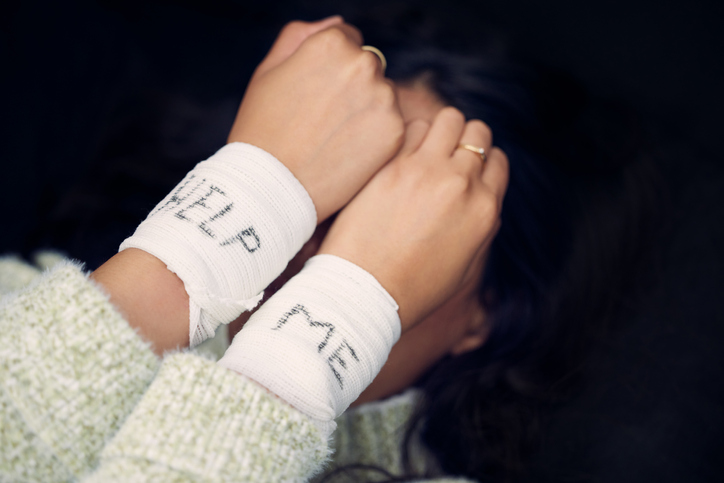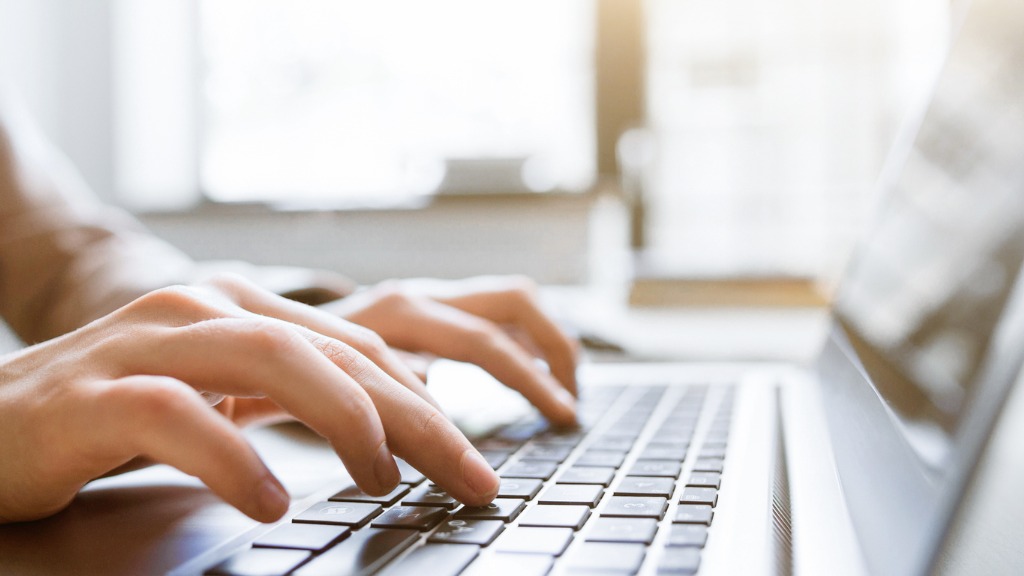This information is aimed at parents but the downloadable resources also include information for Employers, friends, and healthcare workers.
Raising awareness about self-injury is incredibly important. Awareness leads to understanding and empathy, banishing judgement and fear, and reducing the number of people who feel alone and suffer in silence.
Raising awareness is about educating people who do not self-injure, and reaching out to people who do. It’s a BIG … 1:12 children and young people self-harm each year and accounts for 25,000 hospital A&E Admissions each year.
Finding out that your child, has been self-injuring might come as a total shock, and can be devasting. A person who self-injuries often thinks that by taking out their emotional pain on themselves that they won’t be hurting anyone else. It is natural that their self-injury will hurt those who care about them, but you must remember that this was not their initial intention.
Depending on the age of the child it can be hard not to panic, but you must try not to. Be there if your child wants to talk, and do not belittle them when they do. Remember self-injury is a very powerful coping strategy against, pain or trauma and can be habit-forming, and once someone is in the cycle of self-injury, the smallest things may trigger them.
Their behaviour is no reflection on you as a parent, and there can be many feelings of guilt and inadequacy from both parent and child. Let you child know that while you do not condone their behaviour, you love them unconditionally and will always support them.
Try and give your child space and privacy, encourage them to talk to someone they trust and to accept professional help, but don’t force them. They may need to seek medical help, depending on the severity of the injuries, who do they feel comfortable speaking to?
Latest Advice from MHFA England
The latest advice and support from MHFA England on Self-Harm, has changed. They no longer promote harm minimisation techniques i.e. holding ice cubes or using elastic bands, as they have been identified as outdated and unsafe as they are not effective and may perpetuate self harming, they instead recommend identifying distraction techniques.
We have produced a list of useful resources, videos and websites that you may find helpful in supporting your child. You can also talk to your workplace Mental Health First Aider or your Employee Assistant Programme will be able to offer support. If you child is in education you can also seek advice from the School Nurse Team or Pastoral Care Team. Your GP will be able to make a referral to CAMHS.
Useful resources and videos:
Attending a Working Well Adult MHFA England Mental Health training course will provide evidenced based support for self harm and self injury.
- LifeSIGNS provide helpful resources and downloadable factsheets (Employers, parents, guardians, friends, males and people who self-injure, employers & Healthcare Workers): http://www.lifesigns.org.uk/fact-sheets/ general website: https://www.lifesigns.org.uk/
- #NoHarmDone – a Parents Journey (Young Minds) video: https://www.youtube.com/watch?v=b4cPCcJ6o88
- What is Self-Harm: https://www.mind.org.uk/media-a/5783/self-harm-2020.pdf
- YoungMinds – Responding to Self-Harm video: https://www.youtube.com/watch?v=W6MOqZ0xhuE
- Samaritans – how to support someone who is self-harming video: https://www.youtube.com/watch?v=6Qk7d3bhMqc
- NHS Where to get Self-Harm support: https://www.nhs.uk/mental-health/feelings-symptoms-behaviours/behaviours/self-harm/getting-help/
- Alumina is a free online self-harm support group for young people aged 14-19: https://www.selfharm.co.uk/
- Harmless supports people who self harm and their families and friends: https://harmless.org.uk/
- Self Injury Support offers information and support to women and girls affected by Self-Harm: https://www.selfinjurysupport.org.uk/
- Young Minds has information and signposting for young people who self-harm: https://www.youngminds.org.uk/
- OutHouse East provides support for people who self-harm and identify as LBGTQ+: https://theouthouse.org.uk/
- Colchester based Company providing workshops for the parents/carers of adolescents who self-harm and also for the adolescents: https://theministryofparenting.com/
- TEEN FLASH is a website for young people who are using self-harm to cope or manage their lives at the moment. The FLASH bit stands for Families Learning About Self-Harm as there is information on here that you may want to share with your family or caregivers: https://www.teenflash.co.uk/
- Free online training: Vacancies in Online Applications Management | trac.jobs admin system
- Childline: 0800 1111
- NHS Direct: 01223 1231231
- Papyrus Hopeline: 0800 068 4141
- Young Minds: Text YM to 85258
Published: 13 July 2023


